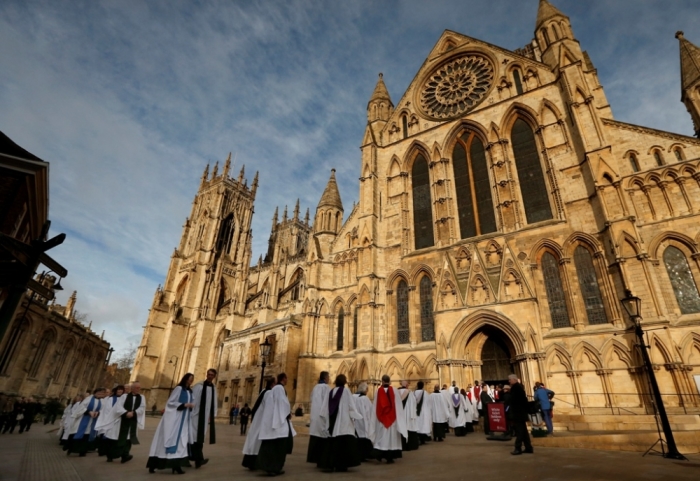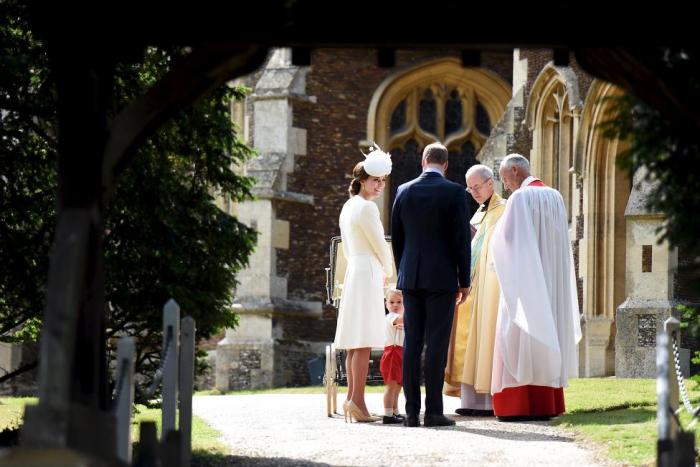Atheists Now Outnumber Christians in England and Wales as Sharp Religious Decline Continues

New research into the religious beliefs of people in the U.K. has found that for the first time ever, those without a religion outnumber Christians, at least when it comes to the countries of England and Wales.
"The striking thing is the clear sense of the growth of 'no religion' as a proportion of the population," said Stephen Bullivant, senior lecturer in theology and ethics at St Mary's Catholic University in Twickenham.
"The main driver is people who were brought up with some religion now saying they have no religion. What we're seeing is an acceleration in the numbers of people not only not practising their faith on a regular basis, but not even ticking the box. The reason for that is the big question in the sociology of religion," added Bullivant, who analyzed data collected through British Social Attitudes surveys over three decades.
The Guardian pointed out that while the statement does not hold true for the entirety of the U.K. when Scotland and Northern Ireland are added in, when looking at England and Wales specifically, as many as 48.5 percent of the population stated they have no religion back in 2014. Those who belonged to Christian denominations, on the other hand, made up only 43.8 percent of the share.
Bullivant's report stated that Anglicans and Catholics who have been brought up in their respective religions are most likely to leave the church, with four out of 10 adults raised as Anglicans deciding to abandon their faith.
"Churches need to take this kind of data very seriously," Bullivant said. "When analysing data you see patterns that you might not necessarily notice otherwise. This can flag up areas for further research or groups that need particular pastoral attention."

A spokesperson for the Church of England who responded to the report said that many of those who identify with having no faith are being drawn to secularism and or humanism.
"In a global context, adherence to religion is growing rather than decreasing. Christianity remains the world's largest religion with over 2 billion adherents. In the U.K. the latest census found the overwhelming majority of people to have a faith," the spokesman added.
Rising trends of secularism have been reported across Europe in the past decade, with a study in March finding that the majority of Norwegians also no longer believe in God.
The Norwegian Monitor/Ipsos Norway found that 39 percent of respondents do not believe in God, and only 37 percent do, with another 23 percent undecided on the question.
"It could be the Christian God, an independent god or one from other faiths. But since we started asking the question 30 years ago, the percentage of those who said they aren't sure has been about the same," said Jan-Paul Brekke, who oversaw the study.





























